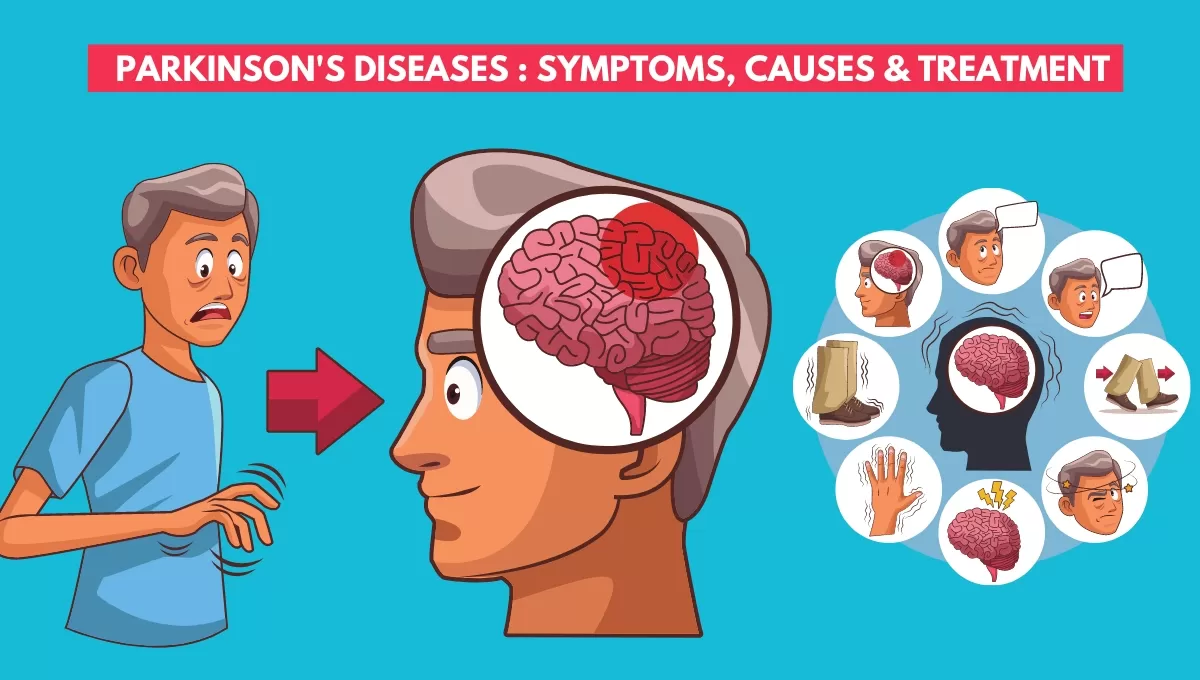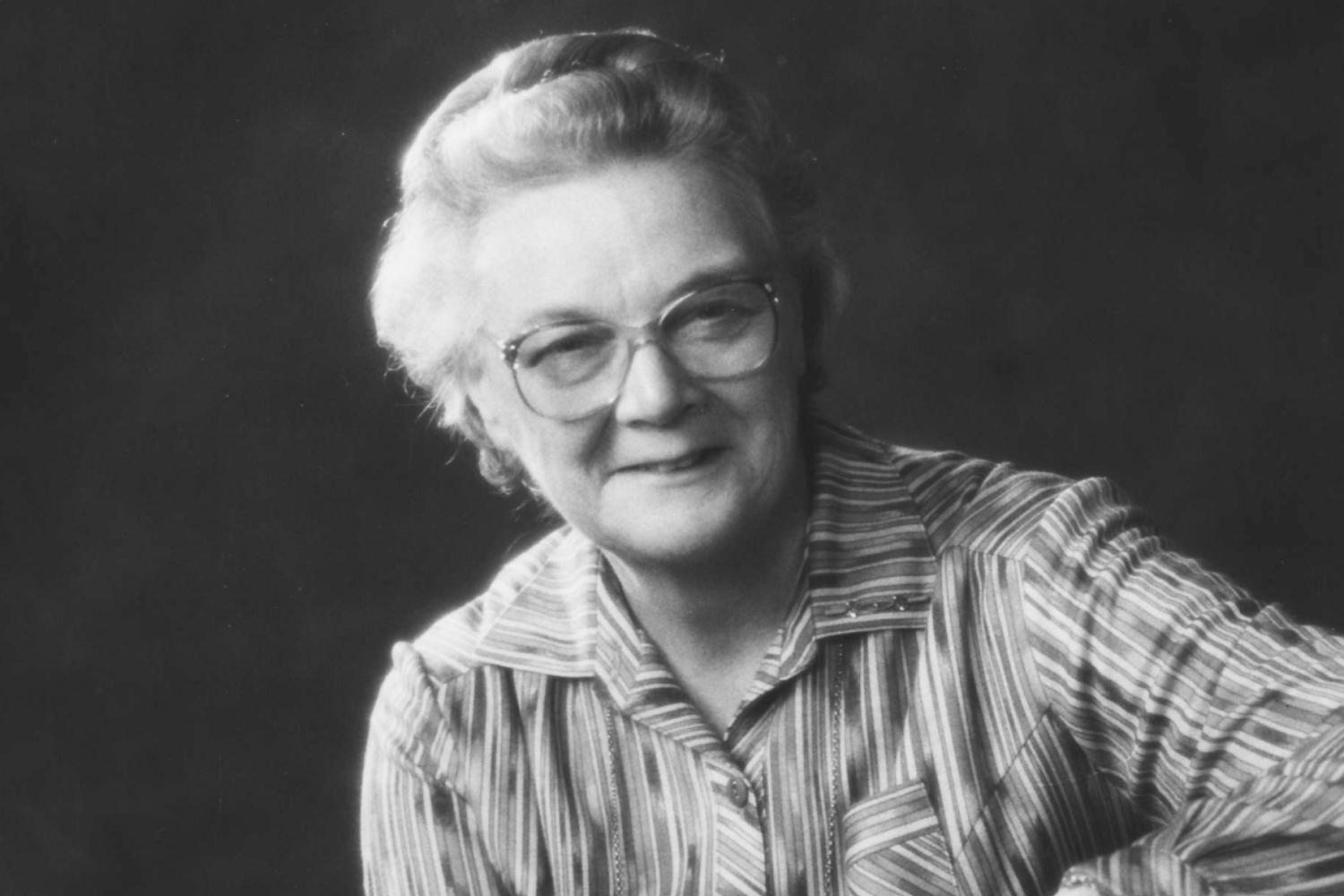Michael J. Fox: Resilience and Advocacy in Parkinson’s Journey

Introduction
Michael J. Fox, a beloved actor known for his charming performances in iconic television series and films, has become a symbol of hope and resilience in the face of private struggles. Diagnosed with Parkinson’s disease at the young age of 29, Fox’s journey has transcended his acting career to encompass vital advocacy for Parkinson’s research and patient support. His story is an inspiration to millions, illustrating the effects of chronic illness while showcasing the power of determination and activism.
Career Highlights
Fox gained international fame during the 1980s with the television series Family Ties, where he portrayed Alex P. Keaton, a role that earned him three Primetime Emmy Awards. The success continued with the blockbuster film trilogy Back to the Future, cementing his status as a Hollywood star. Despite his flourishing career, Fox’s diagnosis in 1991 would alter the course of his life in unimaginable ways.
Living with Parkinson’s Disease
Initially diagnosed with early-onset Parkinson’s disease, Fox chose to keep his condition private for several years as he continued to work in films and television. However, in 1998, he publicly announced his diagnosis, leading to a significant shift in his life and career. He established the Michael J. Fox Foundation for Parkinson’s Research, which has since become one of the leading organisations in advancing research towards a cure. The foundation has raised over $1 billion for research and is credited with significant contributions to the understanding of the disease.
Advocacy and Impact
Through his foundation, Fox advocates for increased awareness and funding for Parkinson’s research. His own experiences with the disease provide a powerful narrative in raising public consciousness, changing the perception of individuals living with neurological conditions. He has written several best-selling books, including Lucky Man and Always Looking Up, where he shares his experiences with humour and humility, further connecting with his audience.
Conclusion
Michael J. Fox remains a beacon of hope and an advocate for those suffering from Parkinson’s disease, demonstrating that even in the face of significant challenges, one can lead a life full of purpose and impact. His influence stretches far beyond entertainment; he has ignited conversations about living with chronic illness and the importance of scientific research. As Fox continues to advocate for change, he has assured fans and those affected by similar challenges that resilience and determination can triumph, leaving an indelible mark on the history of healthcare advocacy.
You may also like

Understanding the Current Measles Outbreaks

